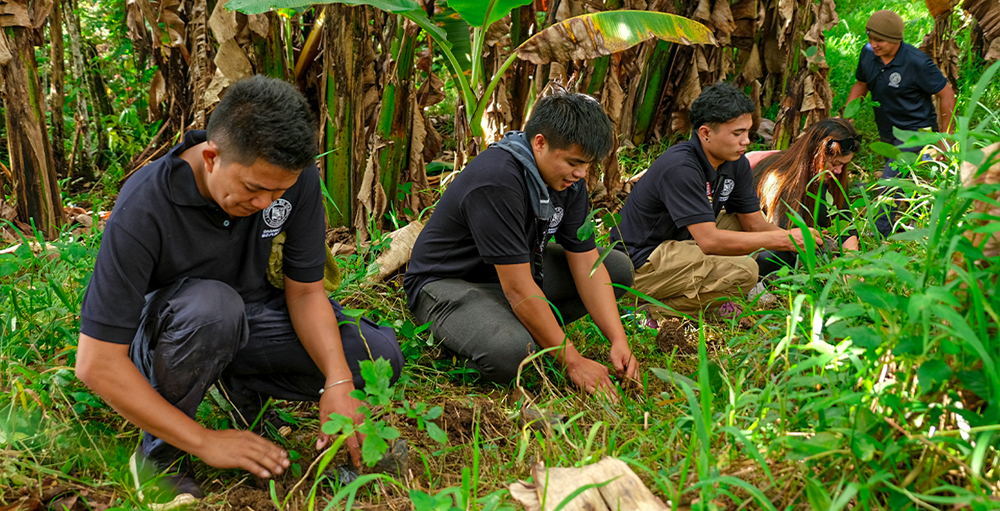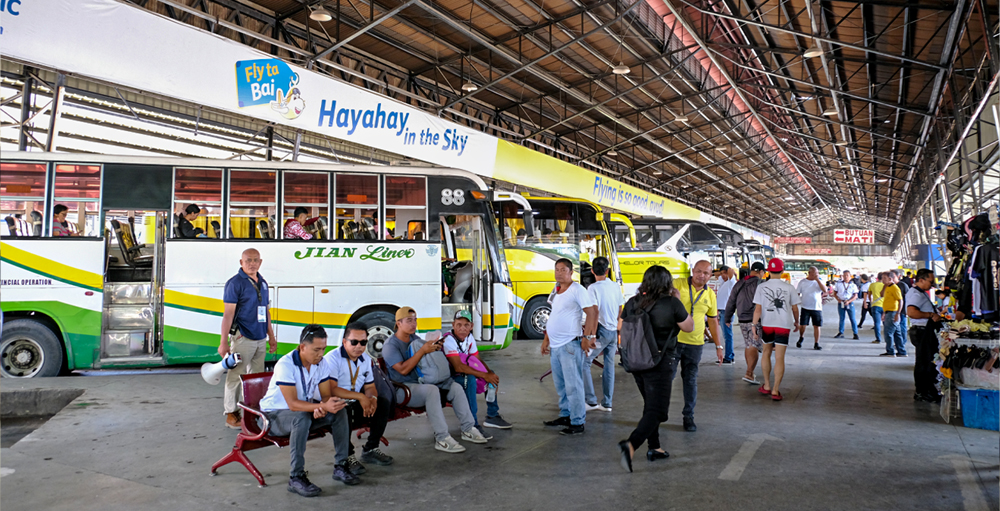The City Transport and Traffic Management Office (CTTMO) and other agencies will strictly enforce driver and unit identification at the airport to ensure that only authorized vehicles can pick up passengers there.
CTTMO Head Dionisio Abude, in an interview with the Madayaw Dabaw morning program of the Davao City Disaster Radio on Tuesday, said that they will station deputized enforcers at the airport to ensure proper taxi identification and taxi compliance to local and national laws.
“Mag-deploy mi’g tao didto para i-check namo ang mga driver, una kung naa ba siya’y ID, dili ba expired ang iyahang PUV ID, dili ba peke iyang PUV ID (We will deploy personnel to check on drivers to see if they have IDs, their PUV IDs are not expired and if their PUV ID is not fake),” Abude said, adding that enforcers from Land Transportation Franchishing and Regulatory Board XI, Land Transportation Office, and the Civil Aviation Authority of the Philippines will likewise deploy dedicated personnel to check on taxi drivers and units’ compliance.
“Ang LTFRB naa silay i-deploy kauban tong tao sa opisina mag check og kumpleto ba og uniform pa atong taxi driver, tama ba ang ilang metrohan, kumpleto ba’g documento naa ba’y prangkisa ang mga taxi nga musulod didto. Ang atong CAAP mag deploy pud dito mag tan-aw kung na check ba sa entrance, kung mao gyud ning natagaan, authorized na musulod sa airport
mao nang activity nga pagahimoon karong adlawa ug musunod nga adaw magpadayon ni siya (The LTFRB will also deploy personnel to join our enforcers in conducting inspections of taxi drivers, if they wear the correct uniform, if their taxi meter is compliant, if their documents are complete or if they have franchise. CAAP will also check if the vehicle was checked at the entrance, and will check if the taxi drivers are authorized to enter the airport. This will be the activity which we will be conducting today, and the coming days)” Abude said.
The passengers will also be given a paper containing the information of the taxi they have hailed.
“Ang papel naay complete information sa taxi, sa driver, sa pasahero, mao na gihatag sa pasahero [that means] imong gisakyan kay naa gyud ni siya’y metrohan and allowed ni siya. (The paper will contain the complete information of the taxi, the driver, the passenger. It will be given to the passenger and it would mean that the vehicle has a meter and is allowed to pick up passengers there),” Abude said, adding that the number given at the entrance will also be thoroughly checked.
“Kadtong number nga gihatag didto sa entrance dapat mao pud to ang ginahatag nila sa exit, kung wala sila ana ibig sabihin mao ni sya ang nakatransaction (The numbers given to the drivers at the entrance must also be the same number given at the exit, if it is not present, that only means they are those who are conducting [illegal] transactions),” Abude said.
He said that during the meeting with stakeholders, they were able to identify the modus operandi of taxi drivers. First are those waiting outside the airport and rely on a canvasser; second are taxi drivers who were authorized to enter the airport and solicit passengers at a fixed rate; and third are transactions done by canvassers posing as passengers and were dropped off at the taxi lane.
Abude said that they are currently in the process of making an operational plan for the information materials to be given to the public.
“Ginapatigayon ang coordination sa pagplano sa operational plan, especially kung unsa’y mahatag nato nga mga information para sa mga pasahero, especially gikan sa airport para dili na sila mabiktima. Dili napud sila aning mga driver nga naa’y ginahimo nga illegal activities. (We are conducting coordination for an operational plan, especially on what information we can give to the passengers, especially at the airport so they will not fall victims to these schemes and for them to avoid drivers who are engaged in illegal activities),’ Abude said. CIO



